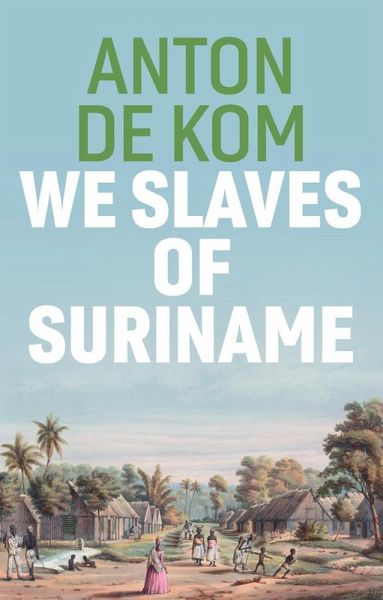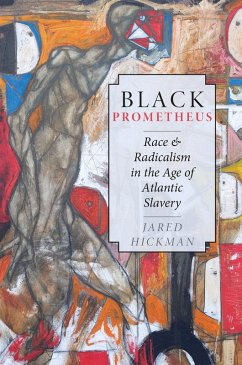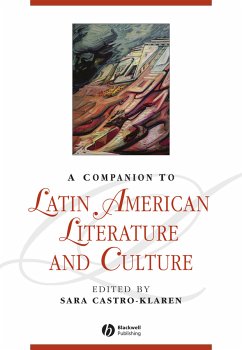
We Slaves of Suriname (eBook, ePUB)
Versandkostenfrei!
Sofort per Download lieferbar
13,99 €
inkl. MwSt.
Weitere Ausgaben:

PAYBACK Punkte
0 °P sammeln!
Anton de Kom's We Slaves of Suriname is a literary masterpiece as well as a fierce indictment of racism and colonialism. In this classic book, published here in English for the first time, the Surinamese writer and resistance leader recounts the history of his homeland, from the first settlements by Europeans in search of gold through the era of the slave trade and the period of Dutch colonial rule, when the old slave mentality persisted, long after slavery had been formally abolished.159 years after the abolition of slavery in Suriname and 88 years after its initial publication, We Slaves of ...
Anton de Kom's We Slaves of Suriname is a literary masterpiece as well as a fierce indictment of racism and colonialism. In this classic book, published here in English for the first time, the Surinamese writer and resistance leader recounts the history of his homeland, from the first settlements by Europeans in search of gold through the era of the slave trade and the period of Dutch colonial rule, when the old slave mentality persisted, long after slavery had been formally abolished.
159 years after the abolition of slavery in Suriname and 88 years after its initial publication, We Slaves of Suriname has lost none of its brilliance and power.
159 years after the abolition of slavery in Suriname and 88 years after its initial publication, We Slaves of Suriname has lost none of its brilliance and power.
Dieser Download kann aus rechtlichen Gründen nur mit Rechnungsadresse in D ausgeliefert werden.













